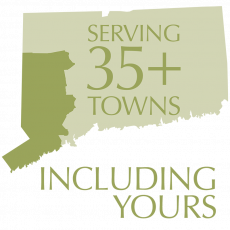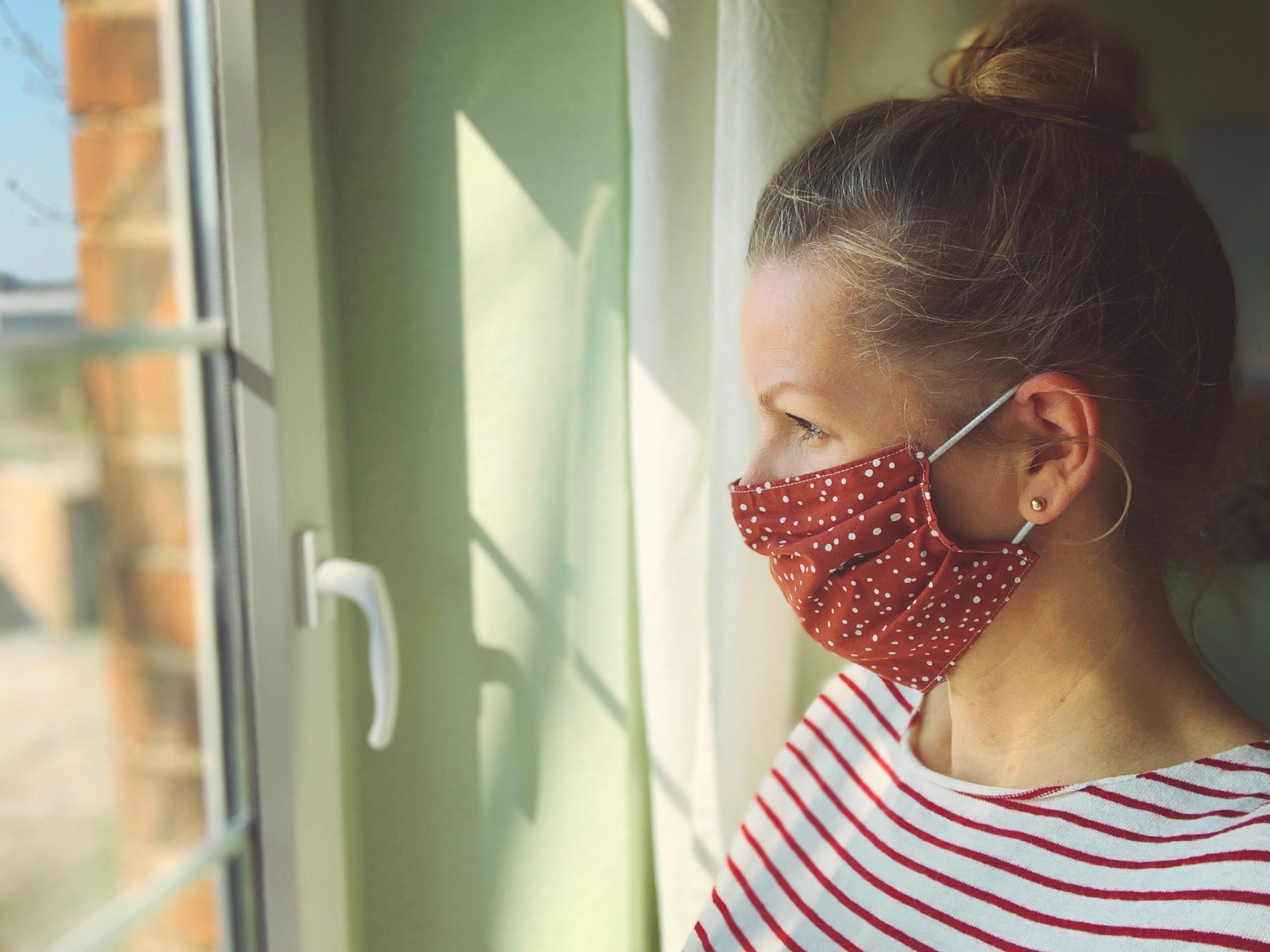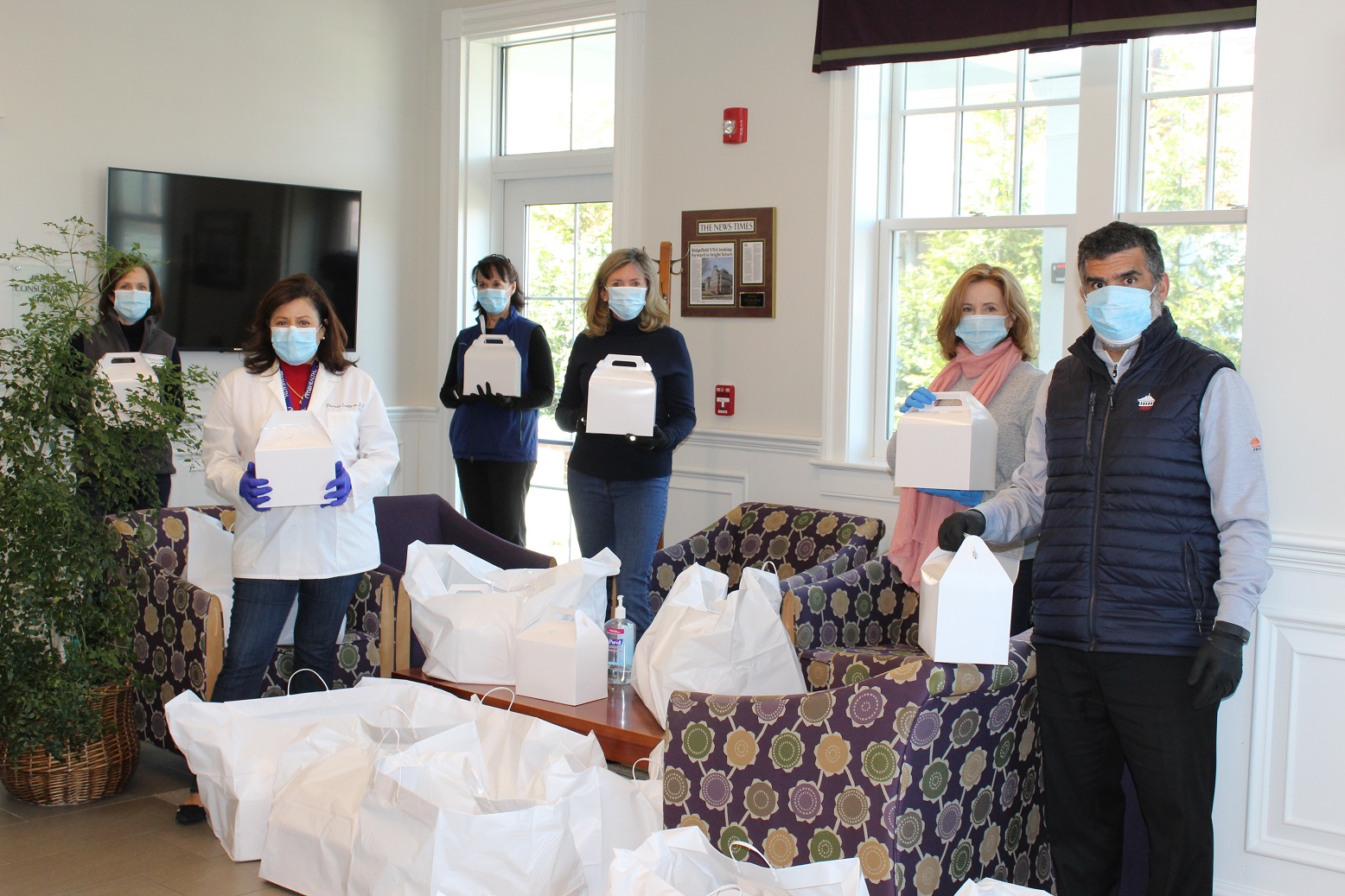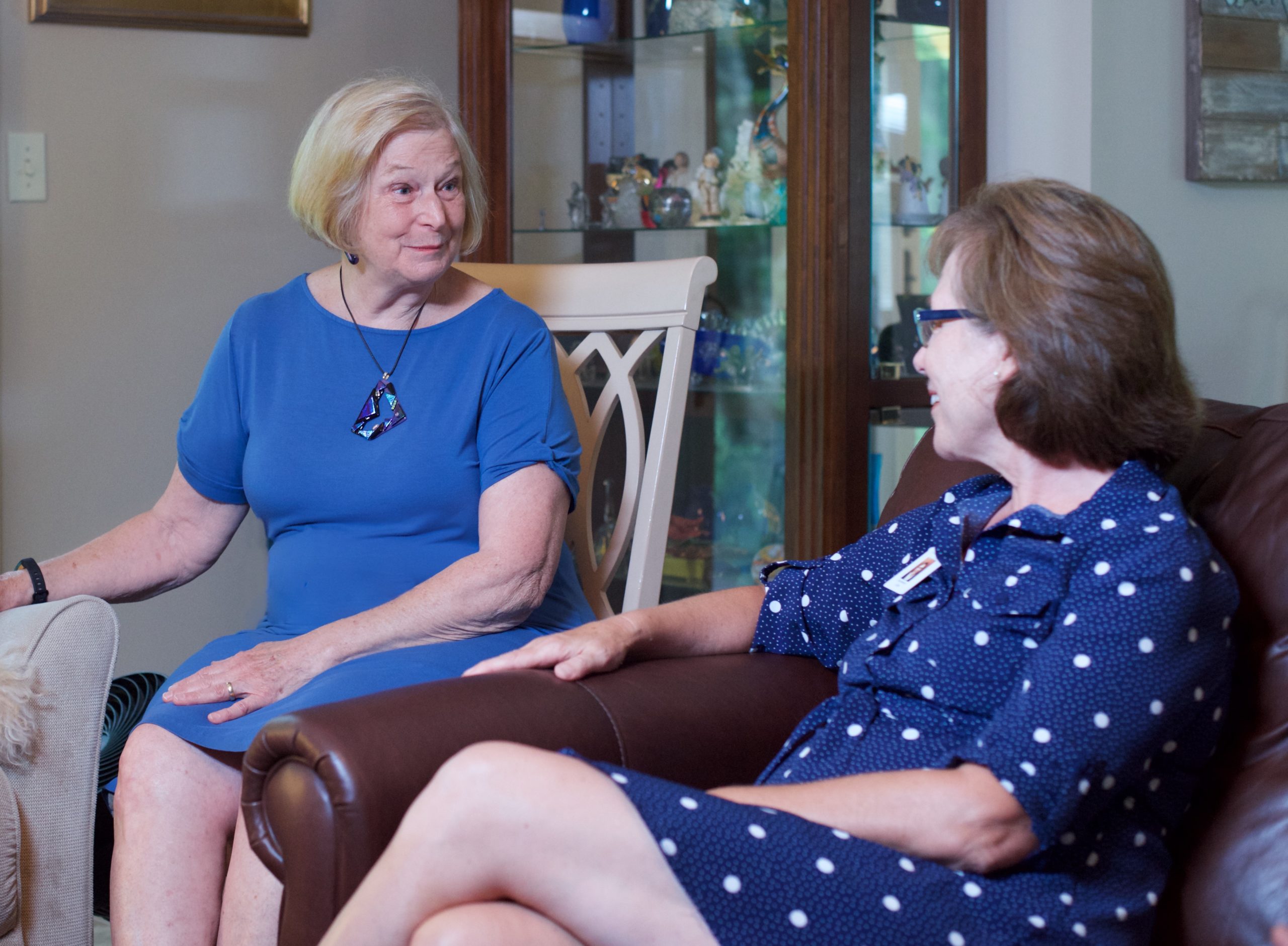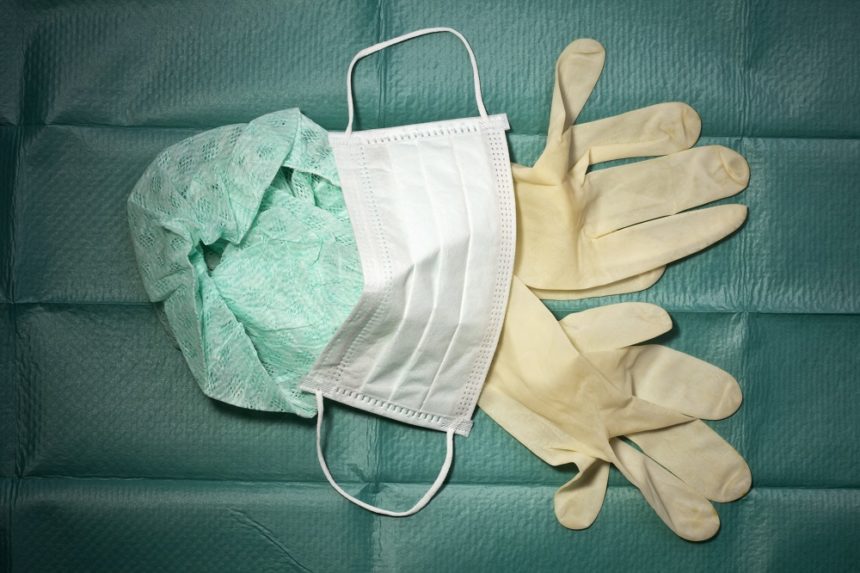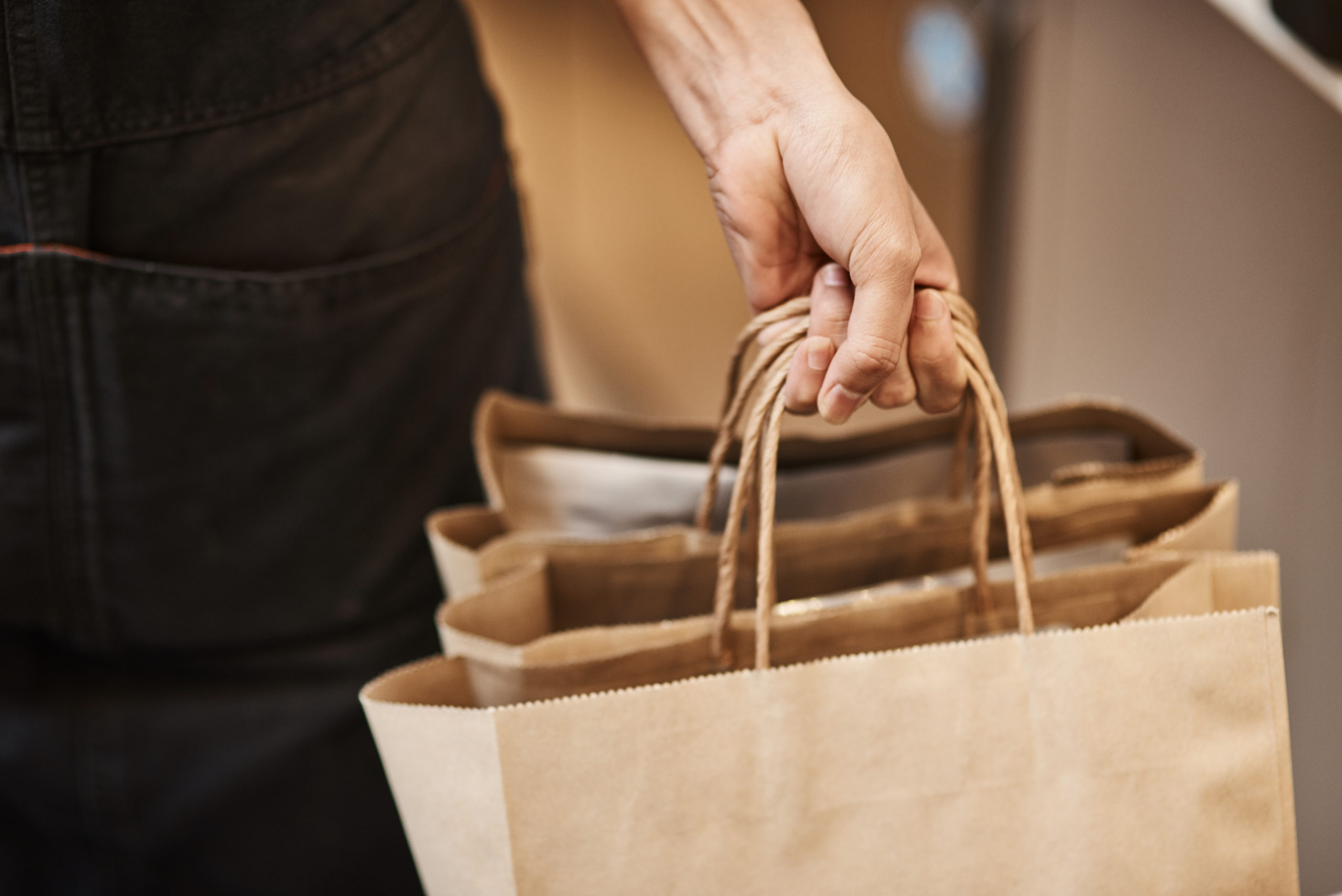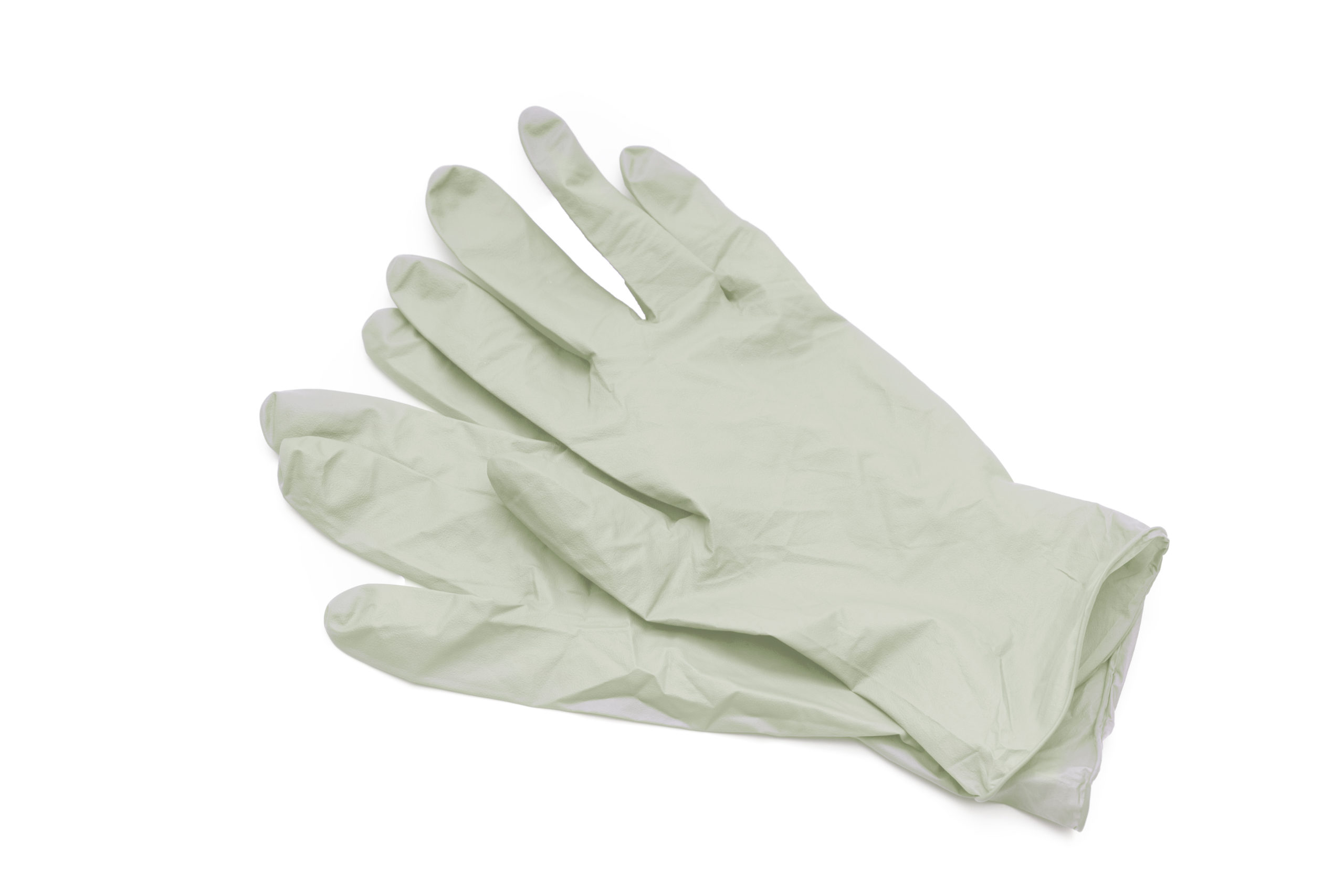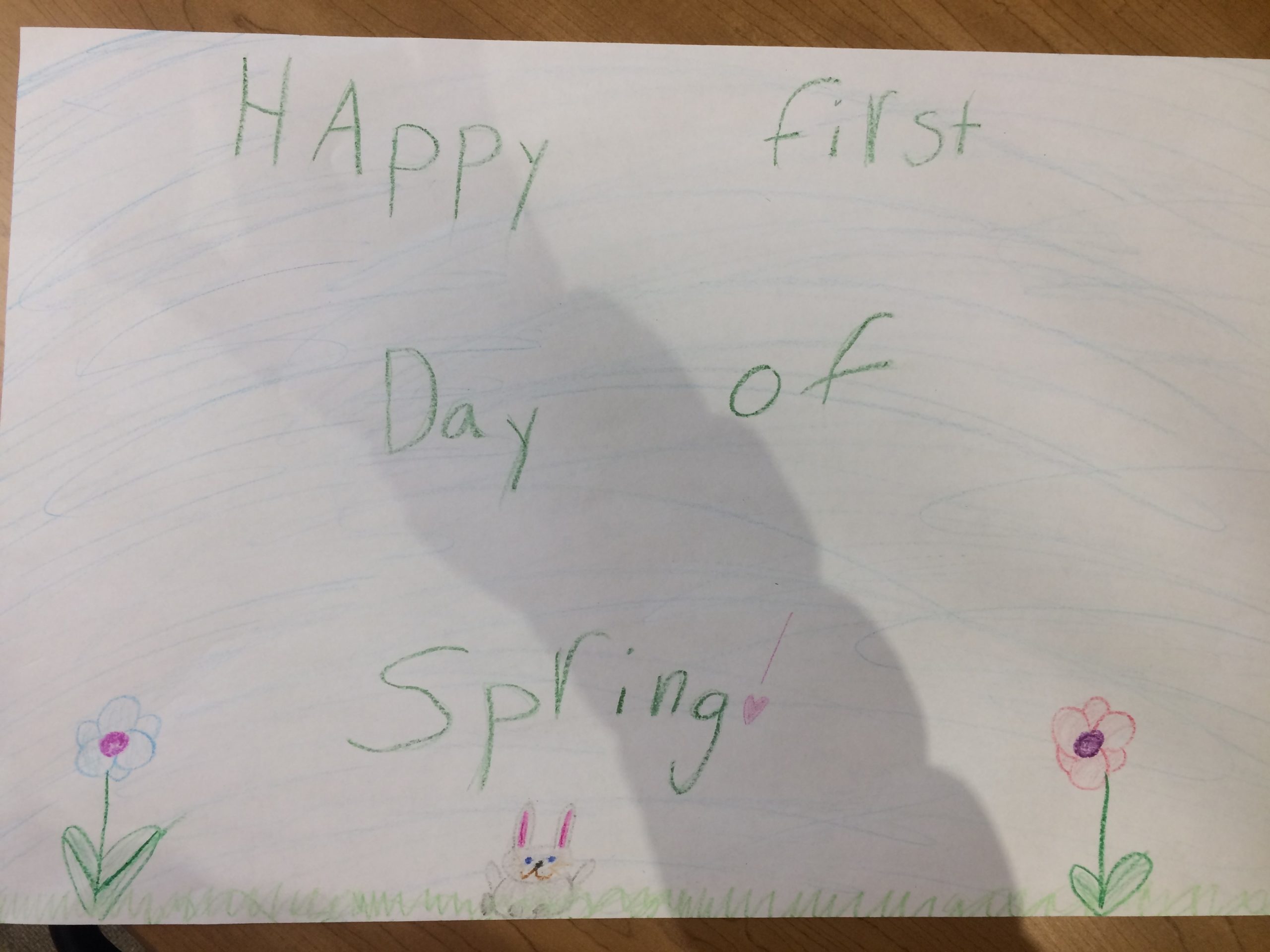A Tribute to our Team — and our Friends
In honor of our dedicated team who have stepped up in an unprecedented time of need – and our friends who have supported the work that we do in innumerable ways, we created a video tribute.
Thank You Silver Spring Country Club!
National Healthcare Decisions Day: Start Your Care Plan Today
Marie, BSN, RN
Protect a Caregiver with PPE
Abandon All Viruses .. Ye Who Enter Here
We are all becoming well educated on proper hygiene and hand washing techniques to avoid the spread of the coronavirus. But one area of uncertainty for many remains around the virus’ ability to live on and spread from various surfaces. This creates concern for some around handling packages such as mail deliveries, food takeout, and bringing groceries into the home.
On March 17, the New England Journal of Medicine published a study conducted by scientists from the National Institutes of Health, CDC, UCLA and Princeton University. The study showed that coronavirus can live on cardboard for 24 hours and on stainless steel and plastic for up to three days. While this finding has not been made an official position from the CDC, this information has spurred many recommendations on sterilization techniques of packages and food items brought to the home.
The FDA and USDA currently say there is no evidence showing that COVID-19 can be passed on through handling of packages. Specific to food handling, the FDA states, “Currently there is no evidence of food, food containers, or food packaging being associated with transmission of COVID-19. [But] like other viruses, it is possible that the virus that causes COVID-19 can survive on surfaces or objects.” The CDC concurs with this statement but adds that infection spread via air droplets remains the primary mode for spreading.
There will certainly be more information to come on this topic. For now, continued hygiene and handwashing remain as best defenses when handling of any packages entering the home.
For additional precautions, consider the following to minimize surface contact risk.
- Minimize trips to the grocery store by planning ahead
- Consider your re-usable bags to be contaminated and be mindful where you place them in your home
- For items in packages, sanitizing wipes may be used if any concerns
- Continue to wash fruits and vegetables as normal
- Wash hands when returning home with any packages, and again after putting contents away
- Continue to wash and disinfect household surfaces such as countertops; handles, knobs, and fronts of doors, cabinets and appliances; light switches and plates; staircase railing; cell phones; keys; computer keyboards and mice; remote controls
We will continue to update you as information becomes available or official.
Glove-Wearing by the General Public
It is a common sight these days to find people out for essential errands wearing disposable gloves. Disposable gloves are currently in high demand from the general public. This is exacerbating an urgent shortage in the medical community. The CDC has not made a recommendation for glove-wearing by the general public, with the exception for those caring for individuals diagnosed with COVID-19. Hand washing and sanitizing remain, for the general public, some of best defenses against surface contact risk.
Doctors warn that gloves may actually hurt by providing a dangerous and false sense of security. While wearing gloves, people are still at risk of touching their face, a common way for COVID-19 to spread. Additionally, common latex gloves are not intended for normal daily activities and can rip easily without notice. People are also very prone to taking disposable gloves off to use their phone or grab a personal item in a bag, and then put the glove back on. This is a big no-no.
Once a disposable glove is taken off, it must be disposed of immediately. And, speaking of glove removal, the CDC provides important guidance on proper removal of gloves to avoid contact with any possible contaminants a glove may have come in contact with. Their recommendation ends with washing hands thoroughly after disposing the gloves.
With the continued shortage of personal protective equipment nationwide, RVNAhealth encourages the public to follow current CDC recommendations for protection against COVID-19. We also continue our call for donations of personal protective equipment, including gloves. Please contact RVNAhealth at 203-438-5555 or contact Community Health Nurse Manager, April Rodriguez, RN for any donations or questions.
Call for iPads and iPhones
RVNAhealth is seeking iPad and iPhone donations to support our Telehealth services, which enable our clinicians to conduct patient visits virtually using FaceTime. This service is especially valuable during this time.
If you have an iPad or iPhone in good working condition that you would like to donate to RVNAhealth, we ask that it be factory-reset with the Apple ID removed. If you have the accompanying charger that would be wonderful as well!
Before stopping by, please contact nrowe@rvnahealth.org with questions and to let us know you’re on your way. All donations may be left in a bin clearly marked ‘iPad / iPhone Donations’ just inside the RVNAhealth front door entrance at 27 Governor Street. Hours are Monday – Friday, 8:30am – 4:30pm. Thank you very much.
Babysitting Help for RVNAhealth Staff
To help our essential staff provide care for our patients during this time, RVNAhealth is offering daily babysitting services to team members through Selina Rodriguez, daughter of Community Health Nurse Manager, April Rodriguez, RN.
Selina, who typically works at the Westport Weston Family YMCA, is keeping the young ones busy with reading, homework, arts and crafts, games, and a daily field trip to the vending machine. Like all others entering the RVNAhealth building, the children receive temperature checks upon arrival and practice proper social distancing etiquette.
And, among other talents, the little ones have a knack for seeing the bright side … (see artwork above).

